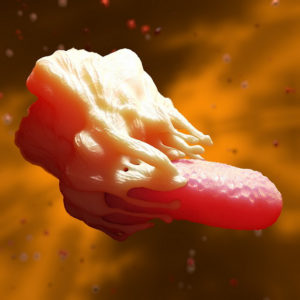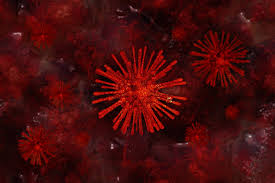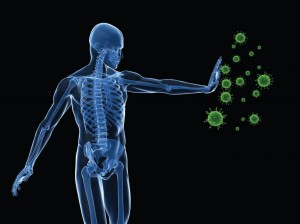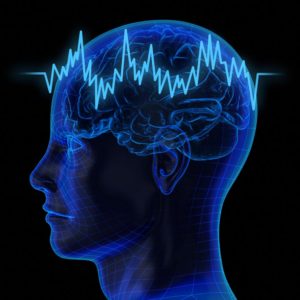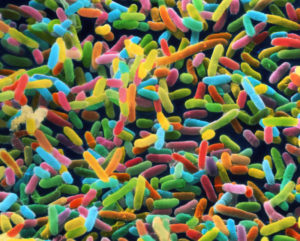Adult heart muscle cells (cardiomyocytes) cannot regenerate after ischemic injury. However, neonatal cardiomyocytes do regenerate. Cui et al. undertook single-nucleus RNA sequencing of cardiomyocytes to find out how mice of various ages respond to heart injury. The gene expression profiles showed that several subsets of cardiomyocytes enter the cell cycle after injury, but these become depleted as mice age, and thus heart regeneration capacity declines. The authors identified two transcription factors involved in driving these responses to injury. Retrovirus-mediated expression of these factors in cardiomyocytes in mature mice helped to protect heart tissue from ischemic injury. These findings might inform new therapeutic strategies to treat patients with ischemic heart disease.
